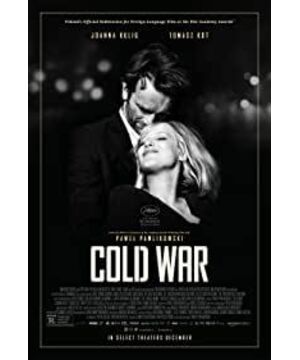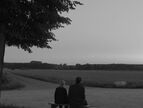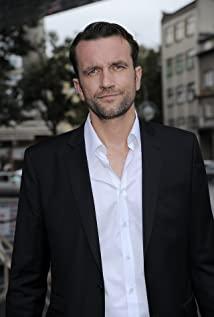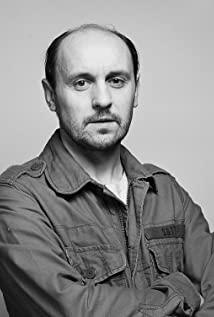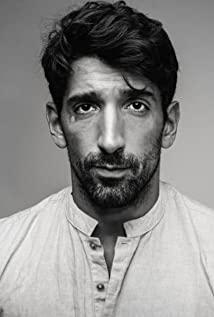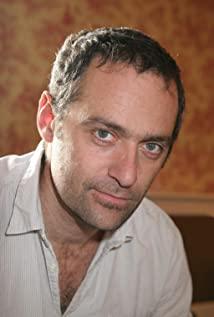[Micro Film Review] A few years ago, there was a Polish black and white film "Sister Ida" (Figure 9). Recently, I found another black and white movie "Cold War" from Eastern Europe. As soon as I watched the beginning, I thought of "Ada". After checking it, it turned out to be the work of the same director.
Now it's time to remember his name: Paviu Pawlikowski.
The Polish director proved to the world with two films that he is the master of black and white images in today's world. It is no exaggeration to say that every frame of "Cold War" is almost a black and white photographic masterpiece - the composition, lighting and rhythm of black, gray and white are almost perfect, and the coldness on both sides of the Iron Curtain during the Cold War is almost perfect. did it to the extreme.
Perfection usually means exclusivity, but the suffocating beauty of "Cold War" doesn't overshadow its excellent plot and performance. The story tells the story of a pair of lovers in Poland in the 1950s and 1960s, who were separated and separated, separated and gathered on both sides of the Iron Curtain. It has the epic pattern of the big era, but the narrative is restrained and refined, and there is no sense of promiscuity. It is this kind of "coldness" that makes the "hotness" that the characters experience in their hearts especially touching.
But what I like the most is indeed the story direction in the second half of the movie - the lovers who crossed the Iron Curtain with life and death, but did not get married in the end - the "coldness" of politics has deeply corroded their hearts. This Polish film, which won Cannes and Oscars, goes beyond the stereotype of "scar literature" to the "Cold War" in the deepest part of human nature.
"Cold War" is undoubtedly the best art film I have seen in a long time, and I must write a long film review and study it carefully someday.
View more about Cold War reviews


